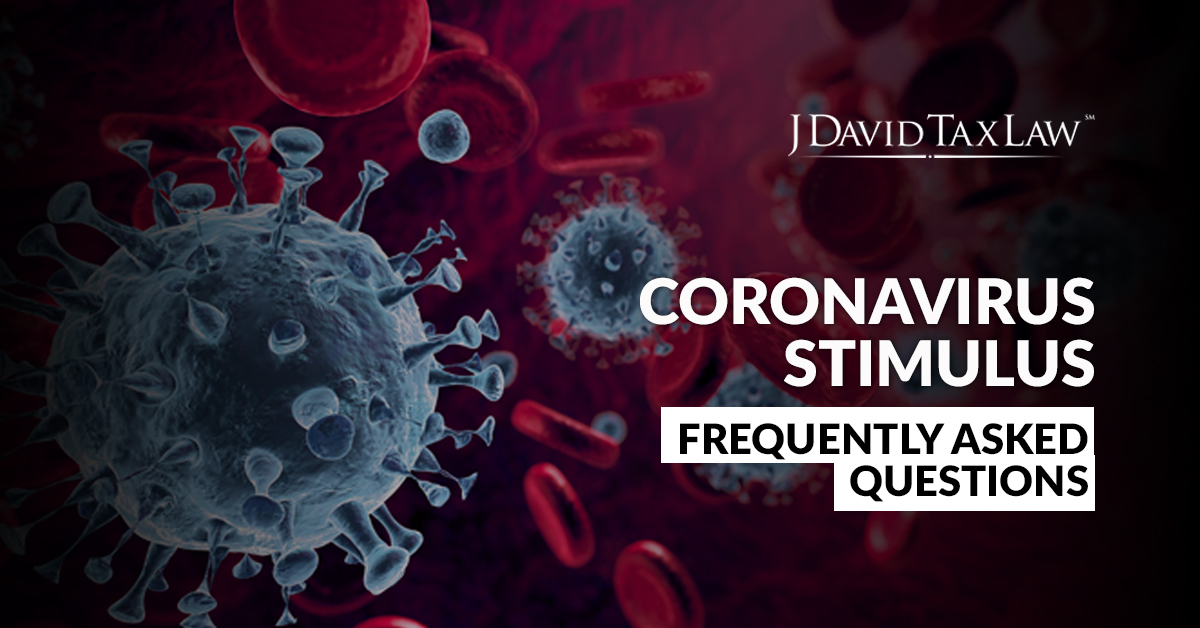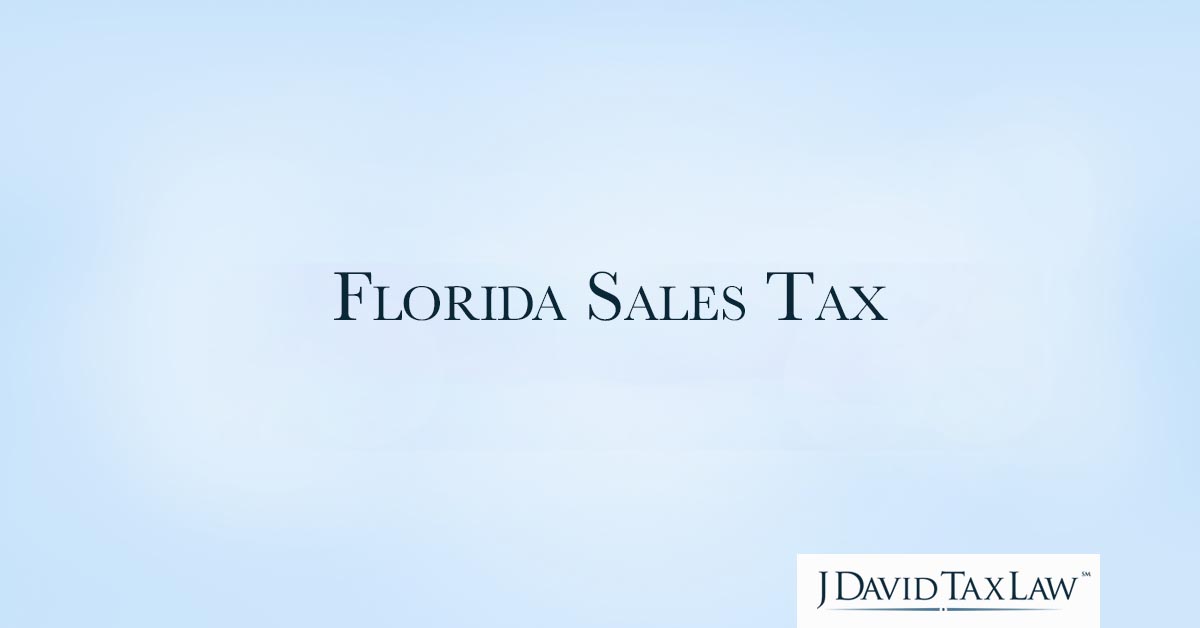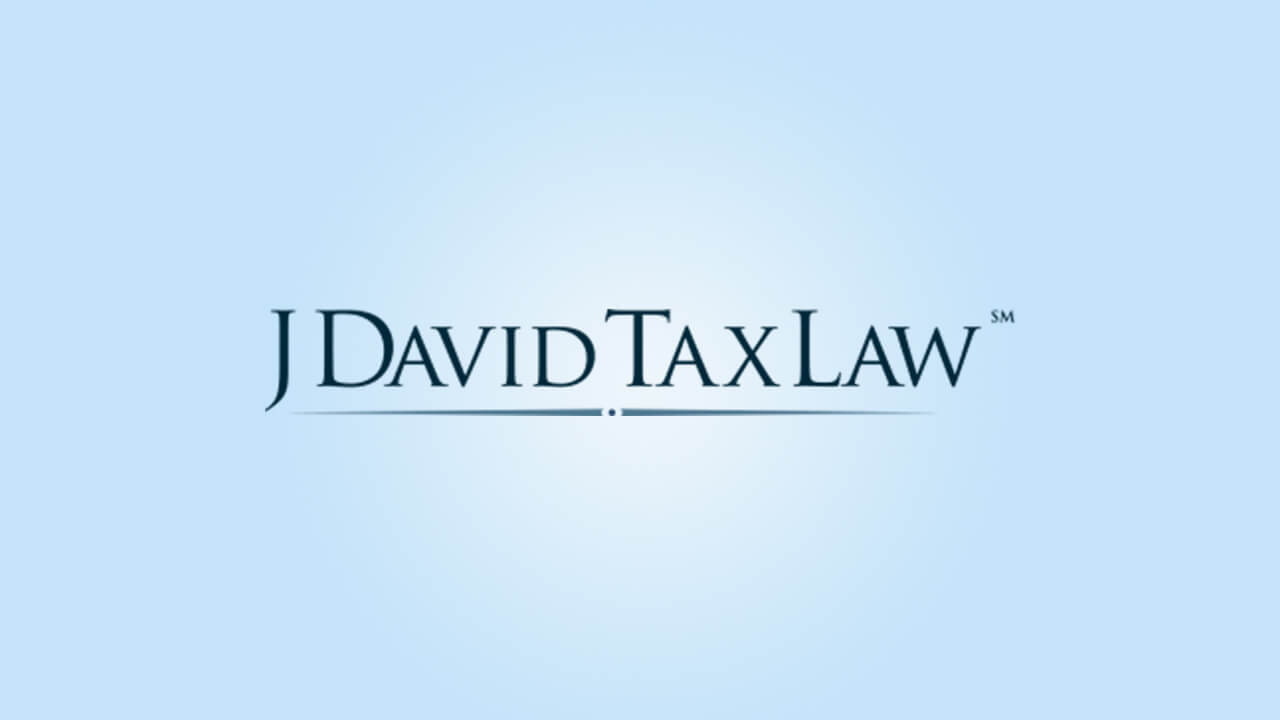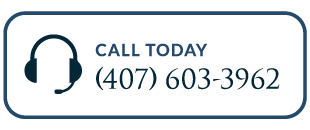Frequently Asked Questions About Coronavirus Stimulus

Frequently Asked Questions About Coronavirus Stimulus
Stimulus Payment FAQs
![]()
How large will payments be?
Most adults in Orlando, FL will get $1,200, although some would get less. For every qualifying child age 16 or under, the payment will be an additional $500 but the cap will be $2,400 per family.
![]()
How many payments will each adult receive?
One payment. However, additional payments could be included in future Stimulus bills.
![]()
How do I know if I will get the full payment?
The payment is determined by income. Adults will get the full amount if they have a social security number and file single with an adjusted gross income of $75,000 or less. Couples earning $150,000 or less that file married without children will get $2,400. Taxpayers filing as head of household that earn $112,500 or less will also get the full payment amount.
For incomes above these amounts, the stimulus payments decrease until they stop completely. Single people earning $99,000 or more, and families with two children earning $218,000 or more, would not qualify for stimulus payments.
Dependents will not get a payment, even if they are an adult. Furthermore, everyone in the family must have a valid Social Security number. Members of the military are the only exception.
Line 8b of your 2019 1040 federal tax return includes your adjusted gross income.
![]()
How will the IRS know where to send my stimulus payment?
Action is not required by most people to receive a stimulus payment. The amount will be automatically calculated and sent by the IRS to eligible taxpayers. The IRS will use your 2019 return to calculate your payments, if your 2019 return has been filed. The IRS will use your 2018 return, if your 2019 tax return has not been filed. The IRS will use the same banking information on your most recent return to deposit your economic stimulus payment.
![]()
If the IRS doesn’t have my direct deposit information, what can I do?
If you don’t want to get your check my mail, in the coming weeks, the Treasury plans to develop a web-based portal to allow for individuals to provide your banking information to the IRS online, so you can receive payments immediately.
![]()
If I am not typically required to file a tax return, can I still receive my payment?
Yes, but a simple tax return must be filed for anyone not required to file a return. This includes low-income taxpayers, senior citizens, Social Security recipients, some veterans and individuals with disabilities who not required to file a return. These individuals will not owe tax on their return.
![]()
How can I file the tax return necessary to receive my economic impact payment?
J. David Tax Law can file any past years of back taxes for individuals and businesses whether it be a couple of years or ten years of taxes that are unfiled.
![]()
If I haven’t filed my tax return for 2018 or 2019, can I still receive an economic impact payment?
Yes. The IRS is urging anyone with a tax filing obligation that hasn’t filed a tax return for 2018 or 2019 to file as soon as possible in order to receive an economic impact payment. For faster payments, taxpayers are encouraged to include direct deposit banking information in their return.
![]()
If I need time to file a tax return, how long are the economic impact payments available?
If you are concerned about visiting an Orlando-based tax professional or community organization in person for help with your tax return, the economic impact payments are available for all of 2020. J. David Tax Law is fully operational remotely with our team working remotely throughout the great Orlando area.
![]()
Will college students get a payment?
If the college student is claimed as a dependent on a tax return, they would not get a payment. Typically, in the eyes of taxing authorities, when a student is under 24 and the parent pays at least half of the expenses, the student is a dependent.
![]()
My recent income made me ineligible, but I anticipate being eligible because of a loss of income in 2020. Can I still get a payment?
You may benefit when you file your 2020 taxes, but currently, the plan does not help people in your circumstance. The reason is because the payment is really an advance on a 2020 tax credit. Your earnings decide everything.
There are other provisions in the legislation to consider. Orlando small business owners and sole proprietors can apply for one of the new loans, while individuals can file for unemployment.
![]()
Is there an application to receive a payment?
No. Provided the IRS already has your bank account information, it will transfer the payment to you via direct deposit based on the recent income-tax figures they already have for you.
![]()
When should I expect my payment?
Treasury Secretary Steven Mnuchin said, “Most people will get their payments in three weeks.” It seems the goal is that Stimulus checks start arriving by 04/18/2020.
![]()
If my payment doesn’t arrive soon how can I be sure that it wasn’t misdirected?
Paper notices will be sent by mail a few weeks following disbursement of the payments. Notices will include how the payment was made and where it was sent. If you are unable to locate the payment at this point, you should contact the IRS.
![]()
Will my payment be affected if I haven’t filed my tax returns?
Possibly. The Internal Revenue Service recommends filing a return at least for 2018. “Those without 2018 tax filings on record could potentially affect mailings of stimulus checks,” the site says.
If you cannot pay the taxes owed, the I.R.S. encourages you to consult a tax professional like the tax attorneys at J David Tax Law in Orlando, FL who can help you request an IRS payment plan, get the debt wiped away, or some other resolution.
![]()
Do people receiving Social Security retirement and disability payments each month also get a stimulus payment?
Yes.
![]()
Do stimulus payments go to eligible unemployed people? Veterans?
Yes and yes.
![]()
Do U.S. citizens living abroad get a payment?
Yes, as long as they have a Social Security number and meet the income requirements.
![]()
Do I have to pay income taxes on the amount of my payment?
No.
![]()
My income tax refunds are currently being garnished because of a student loan default. Will this payment be garnished as well?
No. Actually, the bill temporarily suspends nearly all efforts to garnish tax refunds to repay debts, including payments made to the IRS. If your wages are being garnished for child support, this waiver may not apply to those garnishments.
Retirement Accounts
![]()
Which retirement account rules have been suspended?
For the calendar year 2020, a required minimum distribution from any individual retirement accounts or workplace retirement savings plans, like a 401(k), will not be required. This way you are not forced to sell investments that fall in value, which would lock in your losses. If you don’t need the money now, you can let the investments sit in hopes they will recover.
This change would not impact old-fashioned pensions.
![]()
What if I need money from my I.R.A. or workplace retirement plan early?
Provided it’s because of the outbreak, you can withdraw up to $100,000 in 2020 without the usual 10 percent penalty.
From the date you take the distribution, you will also be able to spread the income taxes owed over three years. Before the three years are up, you can put the money back into the account, even though normal rules would keep you from being able to make a contribution that large.
Coronavirus-related withdrawals are only included in this exception. If you, a spouse or dependent test positive, or you experience some variety of negative economic consequences related to the pandemic. Workers can be allowed to self-certify they are qualified to pull money from their workplace retirement account.
![]()
Can I still borrow from my 401(k) or other workplace retirement plan?
Yes, and you are allowed to take out twice the usual amount. For 180 days after the bill passes, people that can certify they have been affected by the pandemic can take out a loan up to $100,000. The rule that typically prevents you from taking out more than half your balance has been suspended. If you have already taken out a loan from your 401(k) or other workplace retirement plan and were scheduled to have it repaid on or before Dec. 31, you have an extra year to repay your loan.
Charitable Contributions
![]()
If I want to help people suffering from the pandemic, does the bill do anything about charitable donations?
Yes. The bill makes a new deduction available for up to $300 in annual charitable contributions – and not just for 2020. It’s available only to people who don’t itemize their deductions, and you calculate this new deduction by subtracting the amount you give from your gross income.
To qualify for this deduction, cash must be given to a qualified charity, not to a donor-advised fund. The donor-advised funds are commonly used by affluent people to bunch their contributions in a particular year in an effort to maximize deductions. Donations made since Jan. 1 would count toward the $300 cap.
Other Features of the Bill
![]()
Where can I find more information about how the aid for small businesses and nonprofits works?
There is very good news for small businesses and nonprofits, as you can be eligible for forgivable loans. Our colleague Emily Flitter includes more details in a separate article. The aides to Senator Marco Rubio, Republican of Florida, also wrote a one-page summary of the provisions.
![]()
Can my credit report be damaged if I take advantage of any virus-related payment relief, including the student loan suspension?
No. At least, it is not supposed to affect it.
During the period beginning on Jan. 31 and continuing 120 days after the end of the national emergency declaration, the bill clearly states that, lenders and others should mark your credit file as current, even if you take advantage of payment modifications.
If your file had black marks before the virus hit, those marks will remain unless the issues are fixed during the emergency period.
Credit reporting agencies can make errors on your credit report so be sure to check your credit report a few times each year. This is especially important if you accept any help from a financial institution or biller this year.
How J David Tax Law Can Help
If you need help with unfiled tax returns or negotiating IRS tax settlements for unpaid taxes, the tax attorneys at J David Tax Law in Orlando, FL are here to help you. Our experts will go to battle with the IRS to get your tax debt resolved and ensure that you can put any tax debt worries behind you once and for all.
Click Here to Request a Fast, Free Confidential Consultation
Categories
Featured Articles

Meet Jonathan David Sooriash
He is the founder and Managing Partner of J. David Tax LawSM. He is the winner of the 2019 Ultimate Tax Attorney awarded by the Jacksonville Business Journal. This award recognizes law firms and attorneys who show exemplary professional talent and skill while demonstrating superior client care, leadership, charitable concern, and civic engagement. Jonathan graduated from Chapman University School of Law. He has practiced law since 2011.









